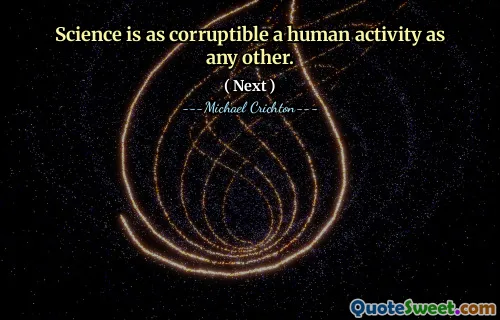I discovered there was an endless source of robust enjoyment in trifling with psychiatrists.
In Nabokov's "Lolita," the protagonist expresses a profound realization about his interactions with psychiatrists, discovering that he derives immense pleasure from engaging with them. This reflects a complex relationship between his psyche and the mental health professionals who try to understand him. Instead of viewing therapy as a path to healing, he finds a form of enjoyment in the superficiality of their discussions, highlighting his manipulation and the absurdities within the psychiatric process.
This insight speaks to broader themes in the novel, where the boundaries of morality, obsession, and the nature of desire are explored. The protagonist's amusement in "trifling" with psychiatrists reveals his deep-seated conflicts and the intricate dance between self-awareness and denial. Ultimately, it underscores how the pursuit of understanding one's own mind can sometimes lead to ironic and unsettling pleasures.


